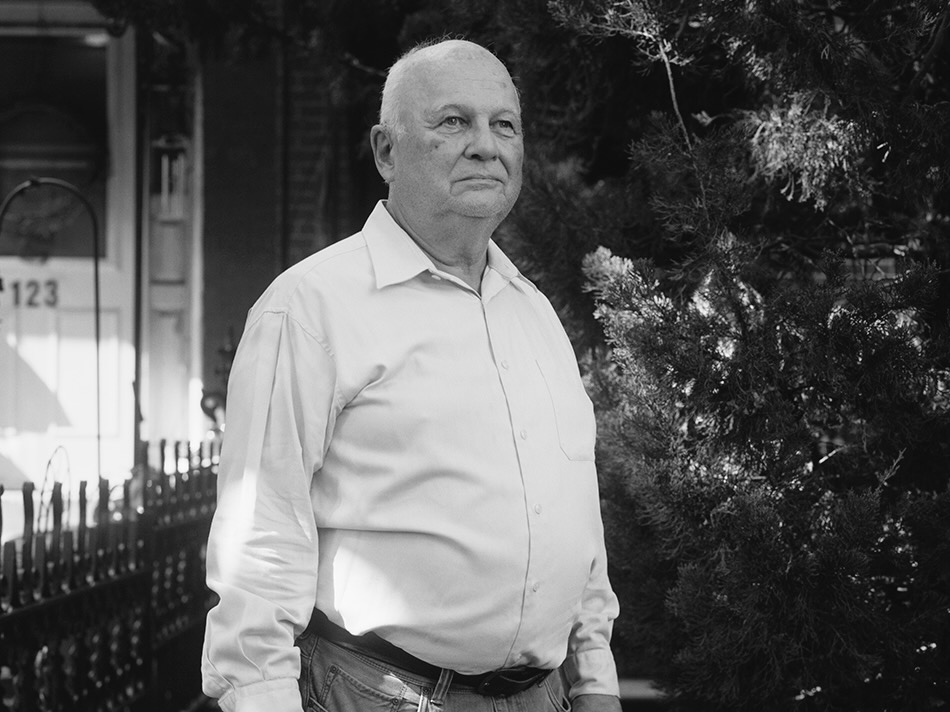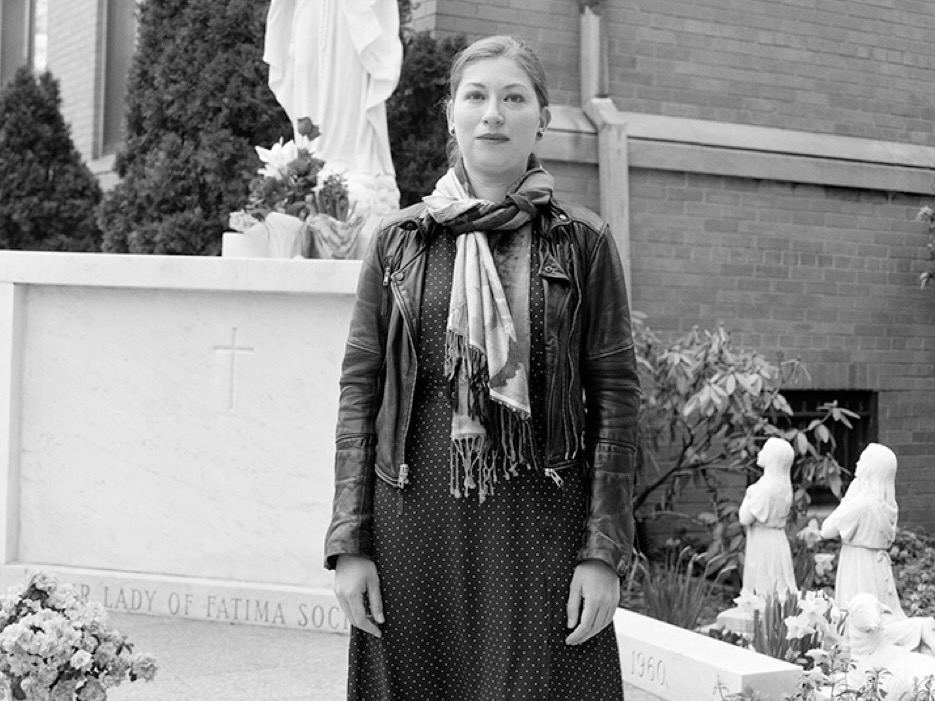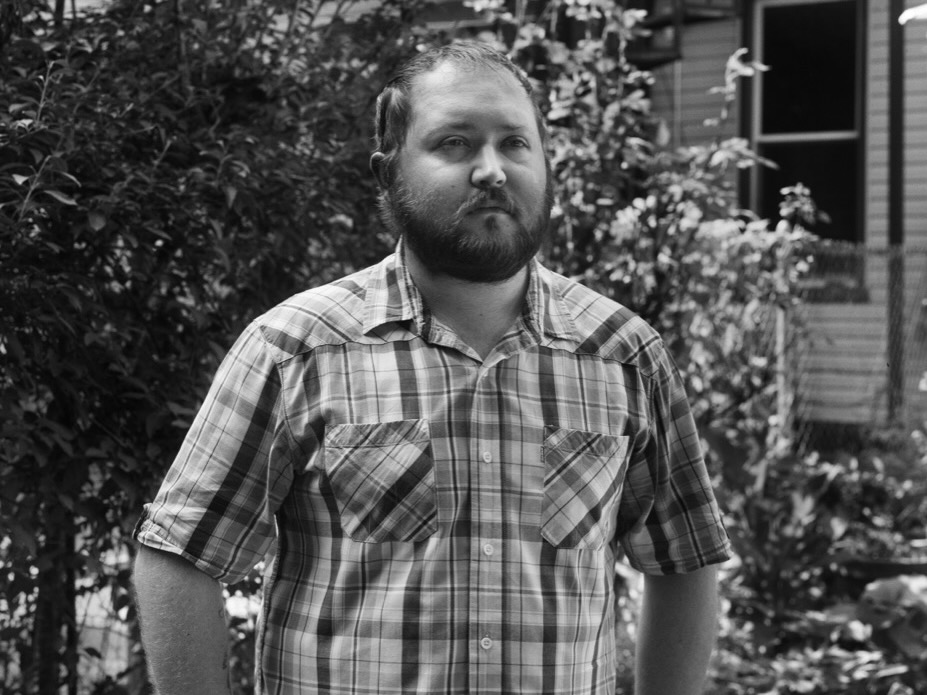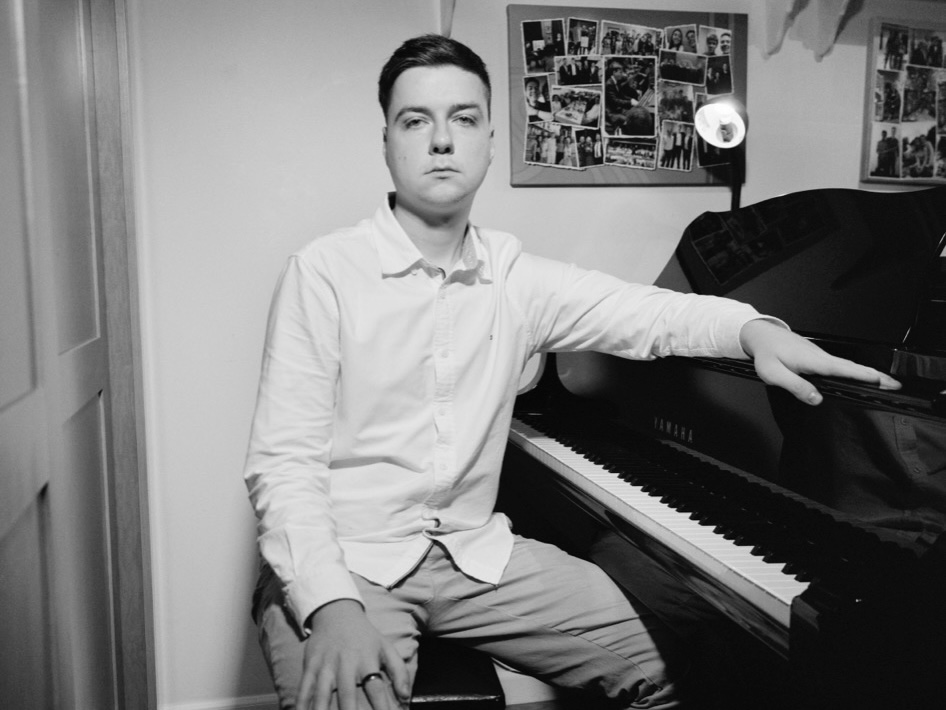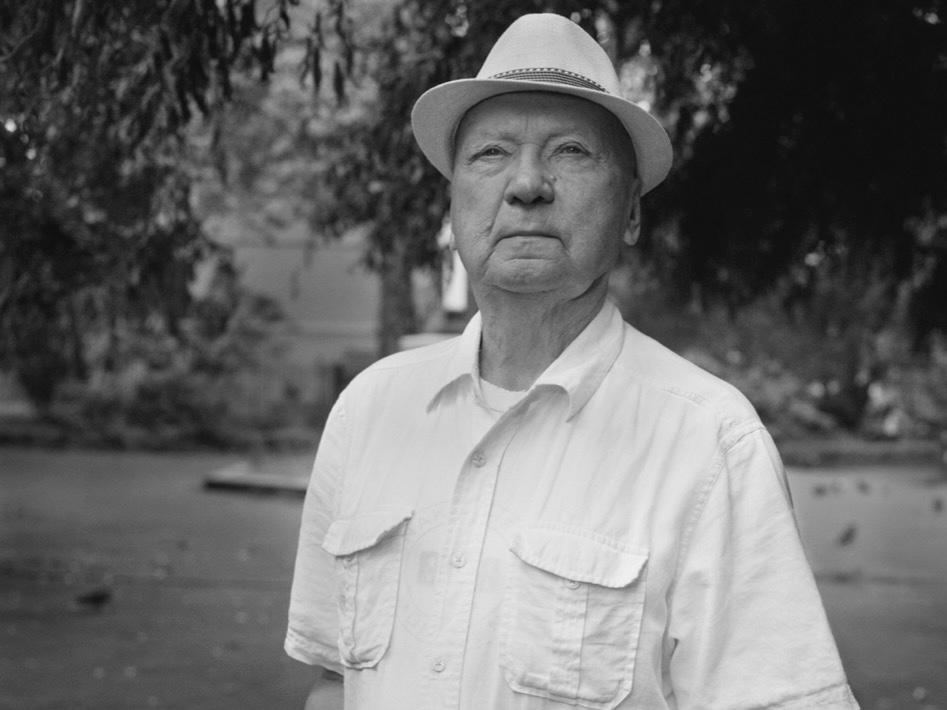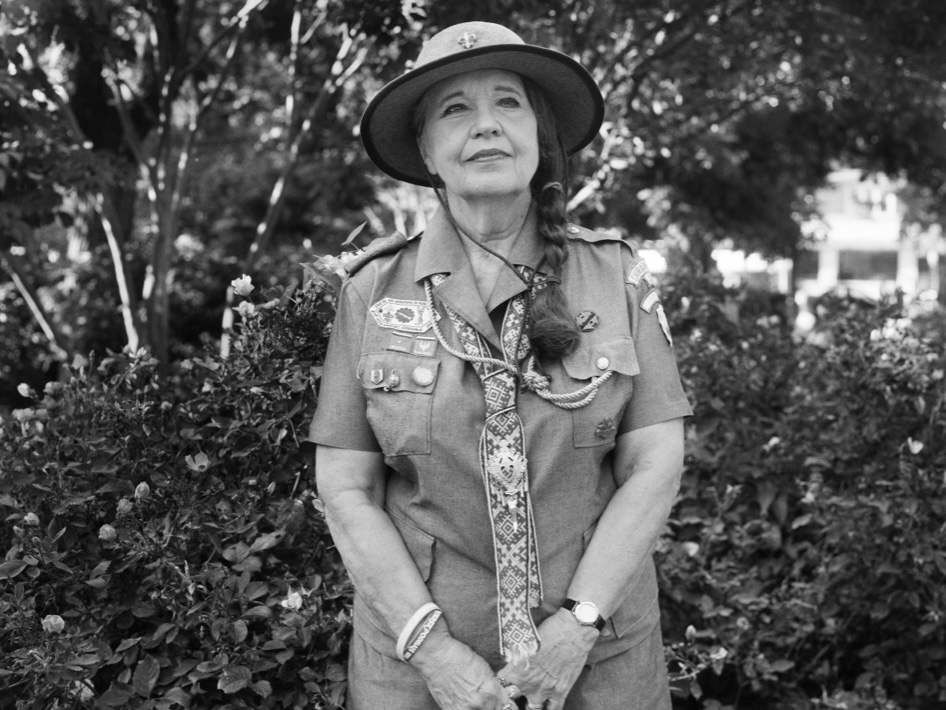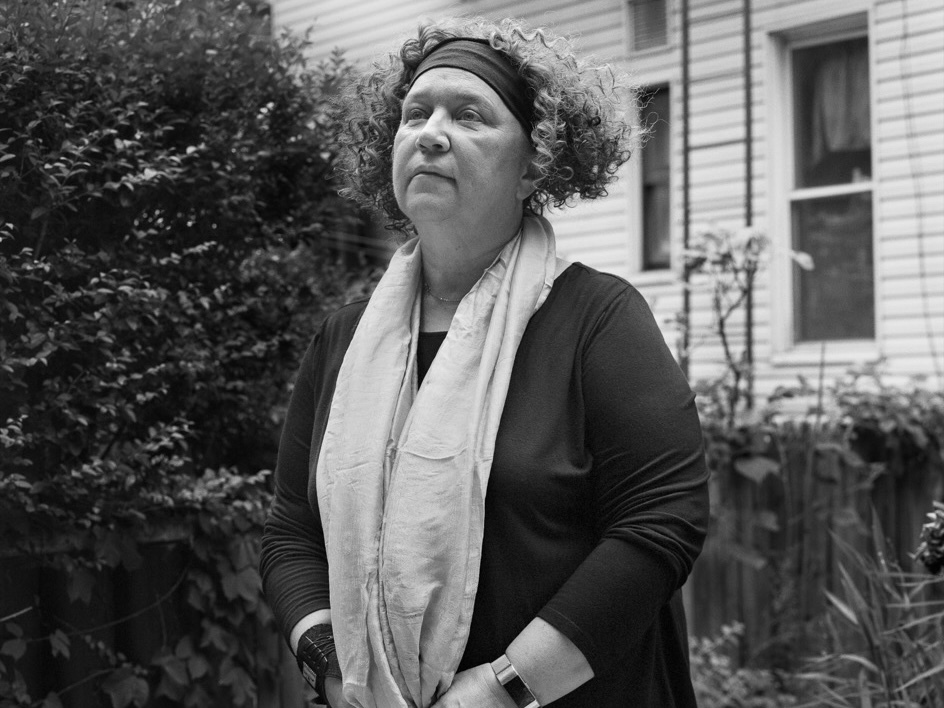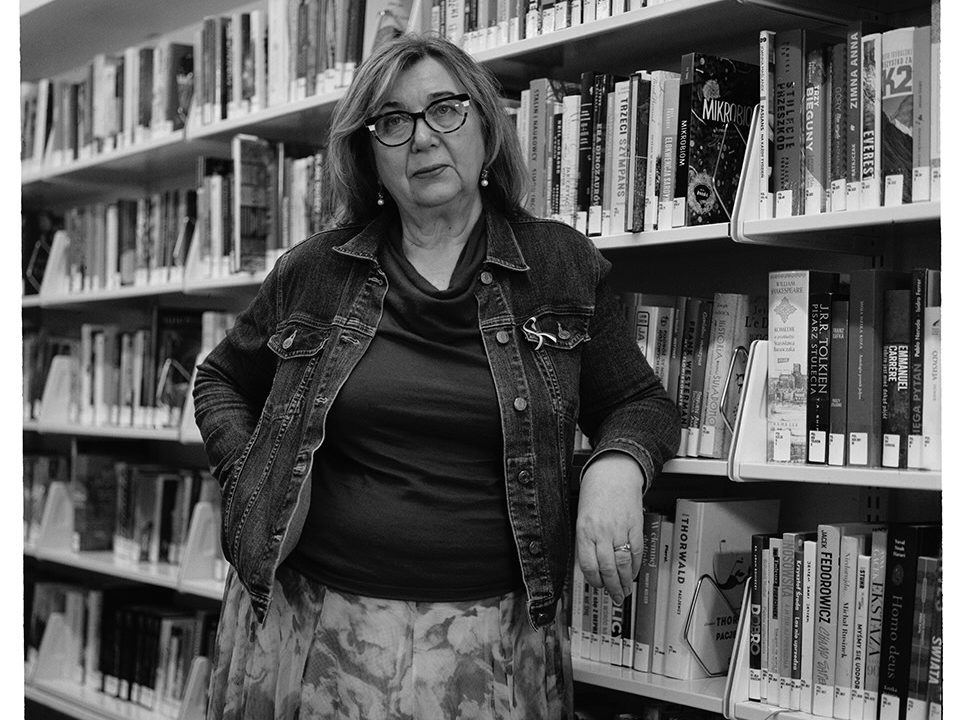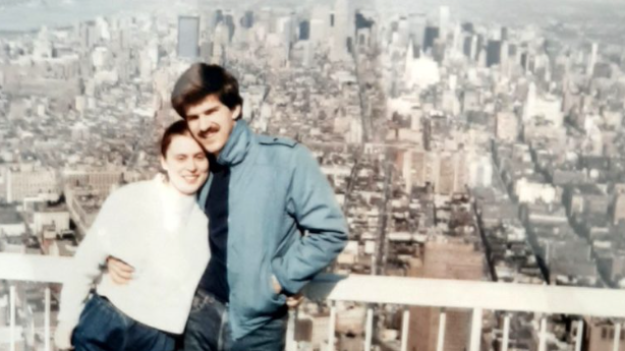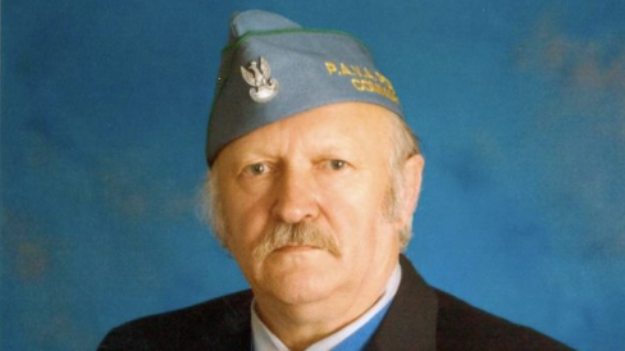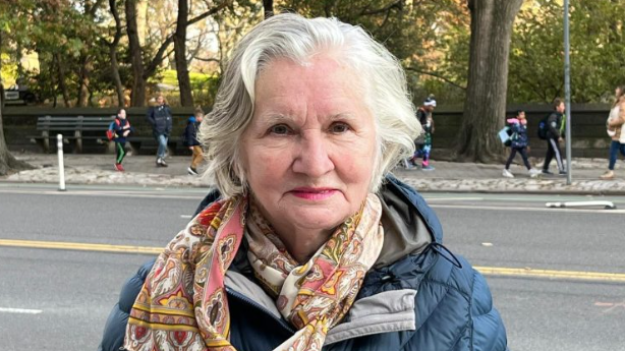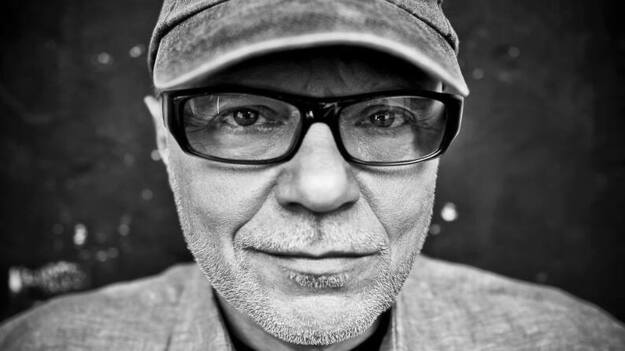
Greenpoint might not have been beautiful, but I loved it. We had a great time here. The first disco was at Freeman; then there was the Europa Club, and later Exit. I went to these clubs, and everyone knew me. I could do tricks like twirling with three glasses in my hands. I was able to unfold and then fold. I remember Zbyszek, the owner of Europa. I liked him. He was young and handsome but an alcoholic and gambler at the same time.
I always wanted to be a passenger aircraft pilot; that was my dream. In communist Poland, I passed all the necessary tests and got the highest category. I was sure I would get into aviation school. Unfortunately, the next step was to talk to a certain colonel who knew about my parents in America, as well as my uncles and grandparents there. My family moved around a lot. They lived in New York, Long Island, and Chicago.
My parents left in 1982. They were supposed to leave in December 1981, but then martial law started in Poland, so all trips were halted. They made it two months later by getting on a container ship and sailing. My brother kept a diary, and he wrote about how rough the Atlantic crossing was. But at least they sat in the officers’ section.
So the colonel said, “No way.” He thought I was suspicious as if I was about to steal a plane and spy for the Americans. I was speechless. So, I joined the army because all high school graduates had to do compulsory military service. I did pretty well: I had a black belt in Aikido, and I was good at gymnastics and flexibility. They even picked me to train other soldiers. I wasn’t treated like a regular newbie. When my military service ended, I thought about going to a non-commissioned officer school in Poznan. But again, I didn’t get in. It was the same story – family abroad, suspicion, lack of trust.
So, I stayed in Poland, and at first, things were okay. My parents sent dollars, and I lived like I was in paradise. I drove a brand-new Fiat Mirafiori and attended a car college. My teachers drove old, small Fiats 126p. I started working in Szczecin in automotive services, regenerating engines. I always had a knack for mechanics, and I was good at it.
But I stopped liking life in Poland. Whatever I wanted to do, they always brought up my family in America, treating me like a suspicious kind. Sometimes they asked if anyone from my American family worked in the services or police. Maybe they thought I’d be a spy. My uncle in Long Island worked in a factory that tested engines for space rockets. He was just a regular worker, not some secret agent.
Finally, I decided I wouldn’t fulfill my dreams in Poland. I wanted to see the forbidden world. The Polish authorities decided it was better for me to leave. The Americans had to accept me because I was going to my closest family. I felt bad leaving my friends and acquaintances, but my curiosity about the world was stronger.
I sailed on the famous passenger ship Stefan Batory. On the first evening, when I saw the flaming ice cream sundaes in the restaurant, I knew I was in the big world.
Greenpoint in 1983 wasn’t what it is now. And Williamsburg, especially in the Bedford area, was rough. There were homeless people and criminals everywhere. You could rent an apartment for $150 a month and still not want it. The same was true behind Greenpoint Avenue. In our part of Greenpoint, apartments could be rented for $350.
When I first arrived, I had to learn the language quickly because I didn’t understand anything. My brother translated for me. He went with me to the workshop, told the owner I wanted a job, then told me what to do, and later made sure I got paid because it wasn’t always obvious. If I didn’t get paid, my brother would say, “My brother won’t work here.”
Later, I got a job in Maspeth, also in some plant, for $5.80 an hour.
My brother told me that only union work counts. He said I must be protected, and no one would throw me out. And he was right. In the Bronx, the head of the union was the son of the previous boss, who once stole 2 million zlotys from the cash register and vanished.
Greenpoint might not have been beautiful, but I loved it. We had a great time here. The first disco was at Freeman; then there was the Europa Club, and later Exit. I went to these clubs, and everyone knew me. I could do tricks like twirling with three glasses in my hands. I was able to unfold and then fold. I remember Zbyszek, the owner of Europa. I liked him. He was young and handsome but an alcoholic and gambler at the same time. He allegedly set fire to the place for insurance, and a few years later, he had a heart attack and died. Europa was on Meserole Avenue. Now there’s a place where gay people go, which I don’t like.
I grew into America. I wouldn’t go back to Poland. I have a good pension. I get checks every week. I go to Florida so I don’t get bored. What bothers me about Poland is the aggression when talking about politics. Here, people disagree, but then they go to a bar and say, “Let’s have a drink.” In Poland, it’s always a brawl: ‘Are you insane? Why are you voting for Trump, Henry?'”


